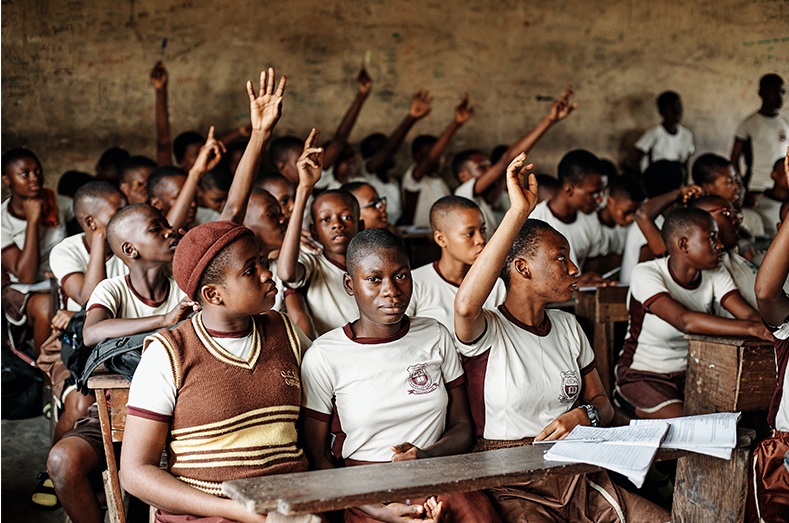Imagine navigating life with HIV, a virus that triggers unfair treatment and judgment from others. In Nigeria, a nation in Africa, close to 1.8 million individuals grapple with HIV. While medications have been a lifeline, a significant issue persists: HIV-related stigma, where people with HIV endure prejudice and mistreatment due to their condition.

The Research: Uncovering the Influence of Support
A team of researchers from the University of Iowa and the University of Johannesburg embarked on a mission to investigate how support from family, friends, and significant figures in the lives of HIV-positive individuals could make a substantial difference. Their aim was to determine whether having a supportive network could alleviate stigma and enhance overall well-being.
Locale and Timing
This comprehensive study was conducted in Lagos State, Nigeria, encompassing 396 individuals living with HIV. Researchers conducted interviews between June and July 2021, delving into their life experiences and perspectives.
Key Findings: Illuminating the Impact of Support
Support Mitigates Stigma
The study unearthed a compelling revelation: individuals with HIV who had supportive friends were less susceptible to the painful effects of HIV-related stigma. It seems that having a steadfast friend acts as a protective shield against the ravages of HIV-related discrimination.
Gender Discrepancies
The research spotlighted a gender disparity, with women receiving more support from influential individuals in their lives compared to men. This gender gap may stem from women’s inclination to confide in someone they trust regarding their HIV status.
The Role of Income
Earnings played a pivotal role, as those with a higher monthly income were more likely to receive greater support. Some participants living with HIV extended financial assistance to others, resulting in a reciprocal flow of help and support.
Implications: Significance of the Findings
The implications of this research are profound. It underscores that individuals living with HIV in Nigeria require a robust support system from their families, friends, or other significant individuals. This support not only enriches their lives but also equips them to confront the challenges posed by HIV-related stigma.
Future Research: Anticipating What Lies Ahead
The researchers are poised to embark on further investigations in the future. Their objective is to delve into how HIV-related stigma impacts the mental well-being of individuals and their ability to manage the virus through medication. Additionally, they aspire to collaborate closely with Nigerians living with HIV to devise strategies to combat stigma and promote improved health outcomes.
Conclusion: The Transformative Influence of Support and Empathy
In a world where compassion and understanding are paramount, this research serves as a poignant reminder. Supporting those with HIV goes beyond the realm of medication; it encompasses being present for them, demonstrating care, and empowering them to lead more fulfilling lives. It signifies a commitment to ensuring that no one feels isolated or unfairly judged due to factors beyond their control. With heightened support and increased empathy, we hold the potential to profoundly better the lives of Nigerians navigating the challenges of HIV.
You can find more news on our site.